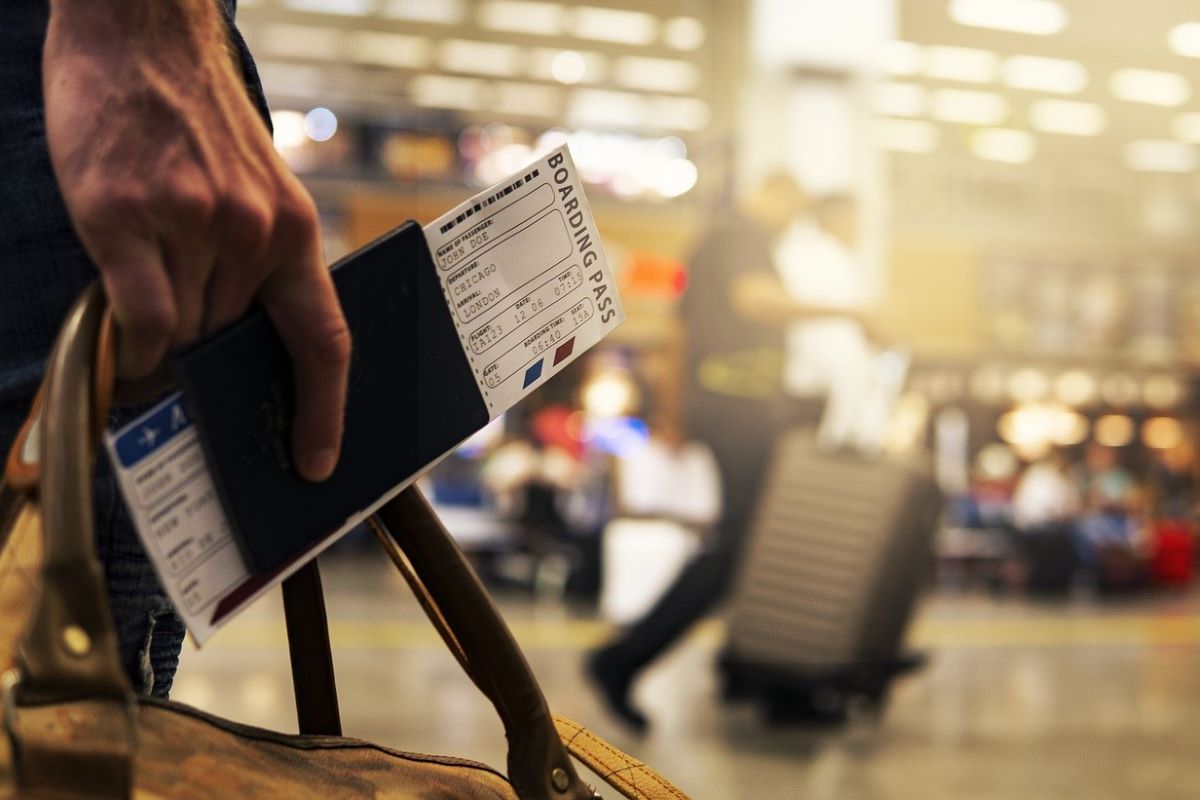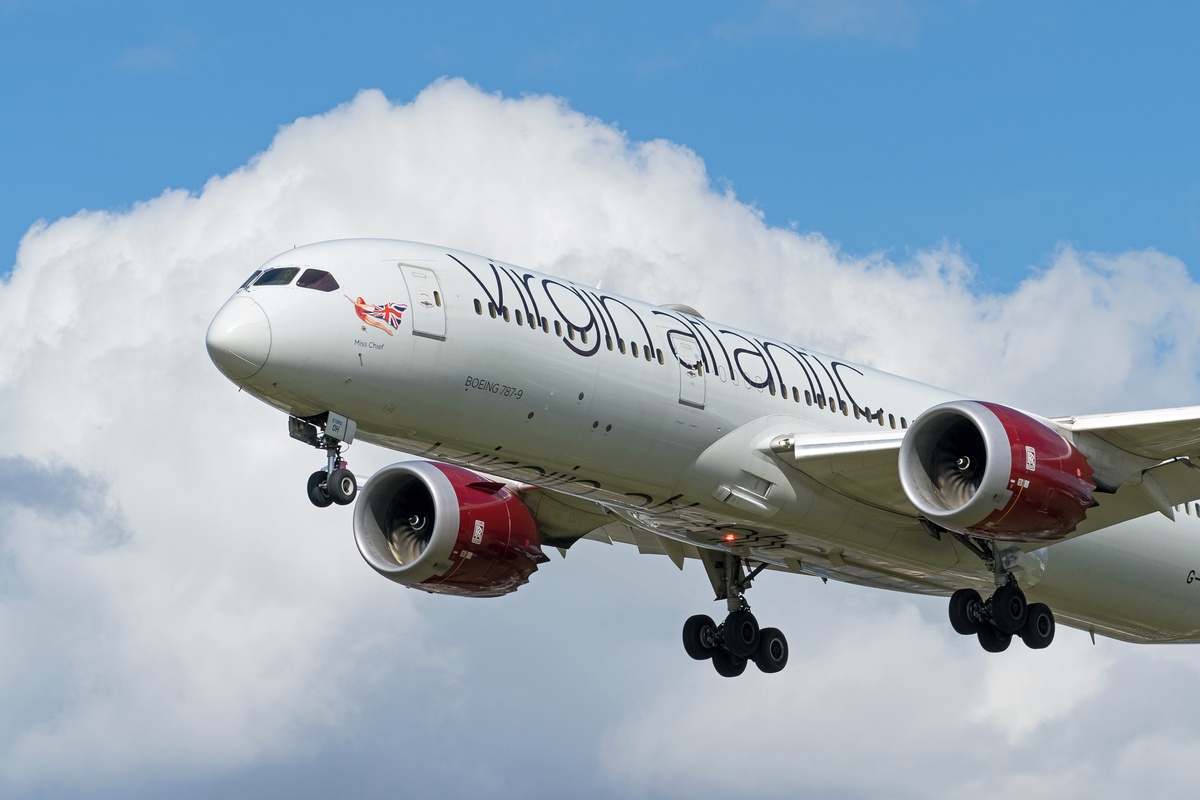Why Indian OTAs Are Now Looking Towards Corporate Travel

Skift Take
Corporate travel in India is booming – spending surged nearly 25% in 2023. And online travel companies are ramping up their efforts to profit from it.
Dubai-based business travel platform Tumodo announced the launch of its India services this week. Tumodo said it expects an 18% surge in the India market this year.
India accounts for almost 6% of business travel in Central Asia and the Pacific, the travel startup said, adding that the India market is expected to fully recover its pre-Covid business travel expenses by 2025 and exceed pre-Covid levels by 20% in 2027.
Earlier this year, Cleartrip, which has essentially catered to lesiure travelers, entered the corporate travel space with the launch of Out of Office.
“As businesses worldwide experience a notable resurgence, we observed an unprecedented spike in the demand for corporate travel," said Cleatrip CEO Ayyappan R.
According to a report by Global Business Travel Association (GBTA), India’s business travel spending is estimated to reach $38 billion in 2024, and is projected to make a full recovery to pre-Covid levels by 2025. Businesses are betting that in-person interactions are crucial for business goals and are, therefore, leading to recovery in corporate travel.
The Corporate Travel Pivot
MakeMyTrip has only started to focus on corporate travel recently, but India’s largest online travel agency is looking to grow this business
Talking about its corporate travel platform, MyBiz, Rajesh Magow, co-founder and group CEO of MakeMyTrip, previously told Skift, “Pre-pandemic, a large part of our business used to be business-to-consumer, but during the pandemic we accelerated our efforts on acquiring new customers on small and medium enterprises as well as for large corporates.”
The platform now has over 55,000 active clients across sectors.
Last month, Yatra.com appointed Gaurav Luthra as Chief Business Officer - New Business Development. Luthra in his earlier role had been the managing director of corporate travel platform FCM Travel.
“He (Luthra) will lend his strategic leadership to drive the company’s corporate travel proposition focused on mid-market customers and will play an instrumental role,” the company said in a statment.
In its latest earnings call for the period ending December 31, Dhruv Shringi, co-founder and CEO of Yatra said, “We further fortified our market leadership in the corporate travel sector by signing 26 new corporate customer accounts in the December quarter with an annual billing potential of INR 2.2 billion ($27 million) underlining the capabilities of our corporate travel platform.”
A Technologically Sound Business
Magow told Skift a key reason why MakeMyTrip was not focused on corporate business earlier was the limited deployment of technology in the segment.
“We always felt there was less innovation in this space and we should wait for our opportunity,” he added.
Corporate travel demands are increasing, driving the requirement for enhanced technology. Businesses seek contemporary expense management solutions with user-friendly interfaces, mobile applications, and automated processes to streamline expense reporting and enhance the travel experience for employees.
In February, fintech firm Zaggle Prepaid Ocean Services tied up with travel platform EaseMyTrip to provide integrated travel and expense management solutions to its corporate clients, according to an exchange filing.





